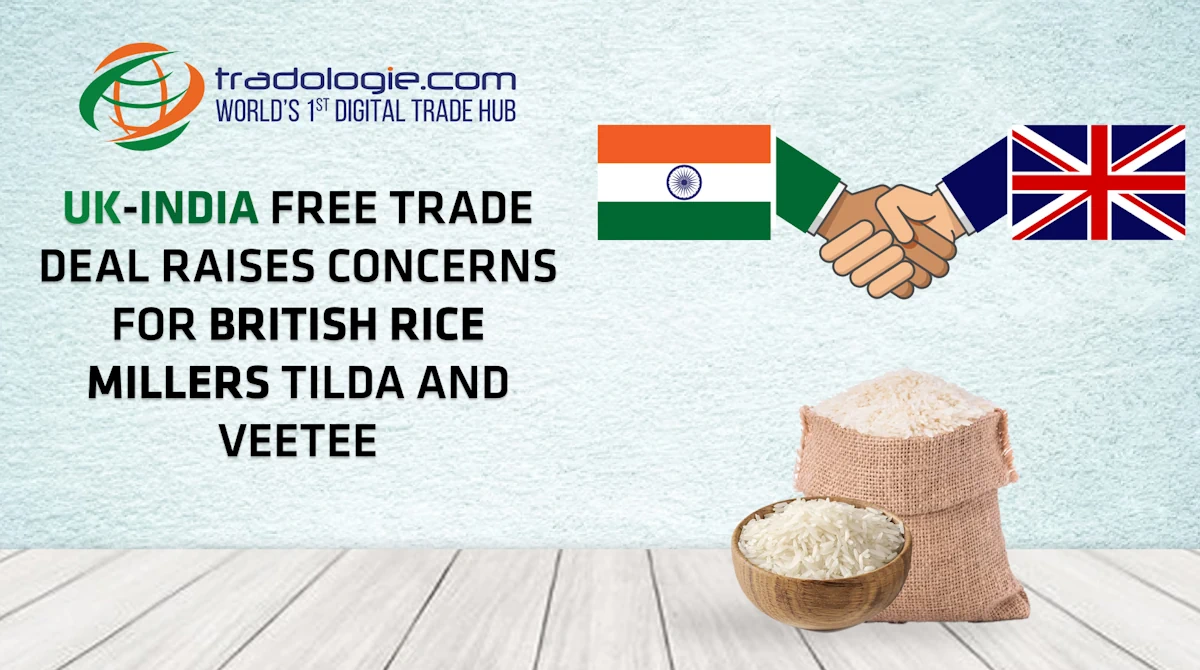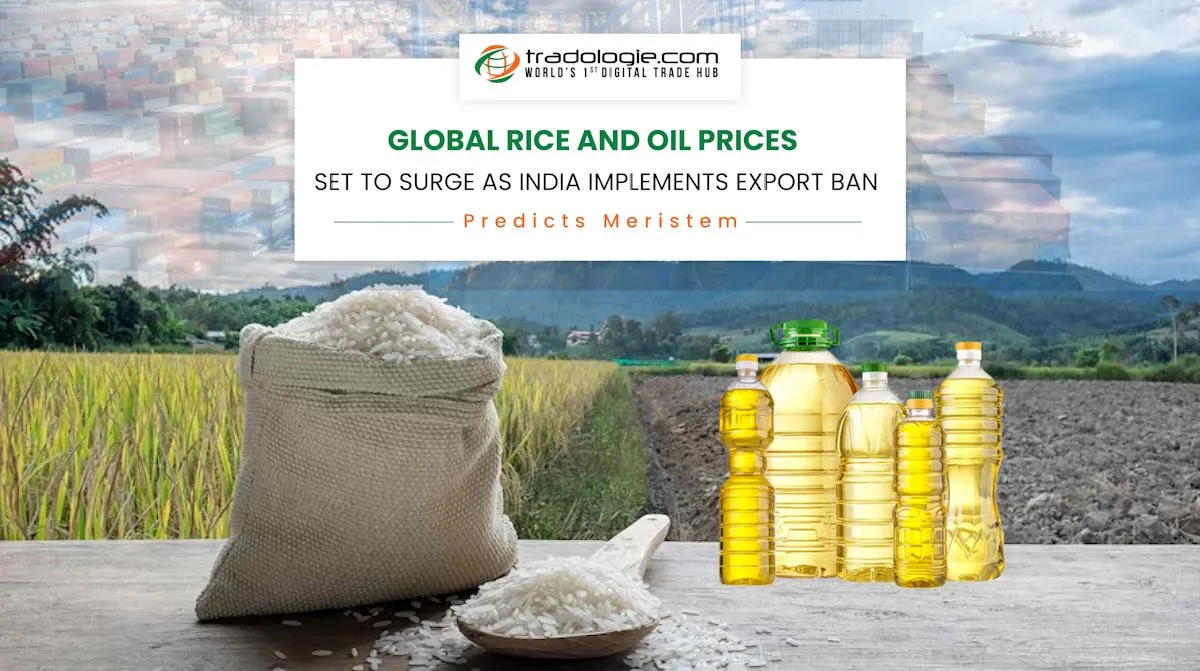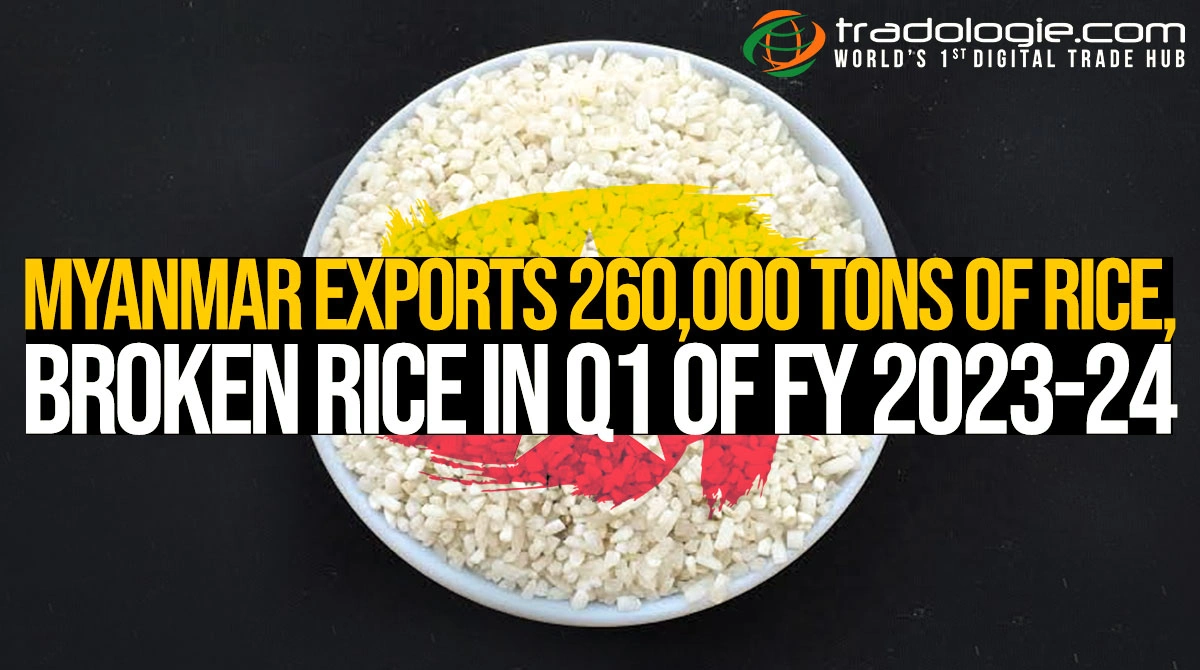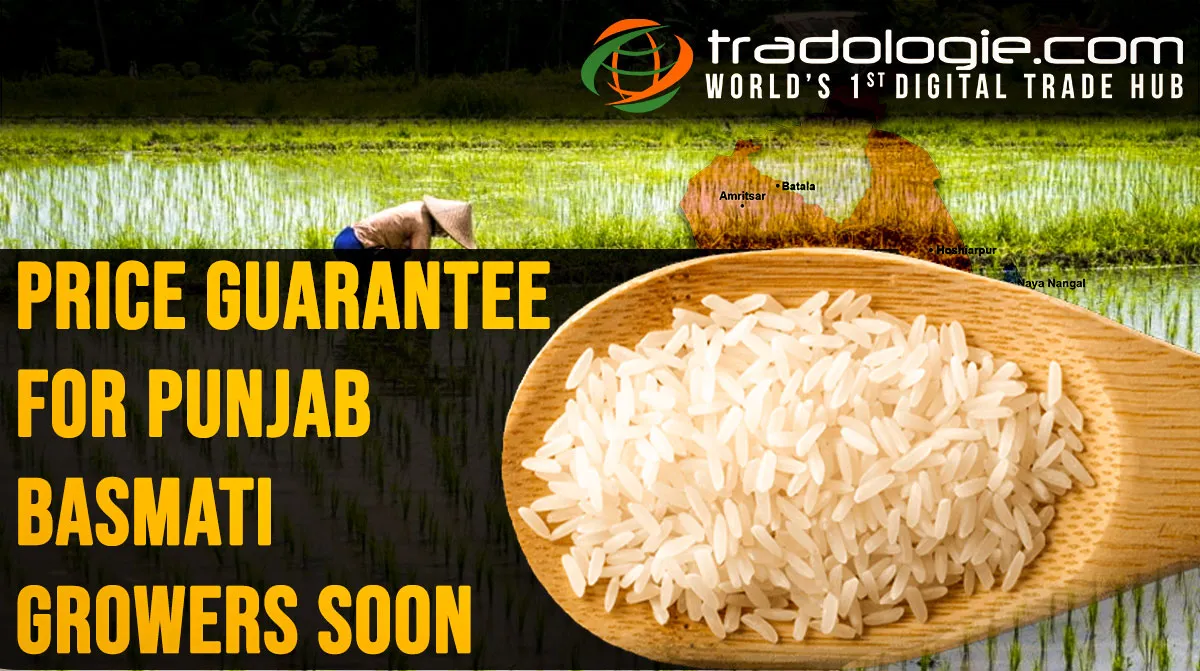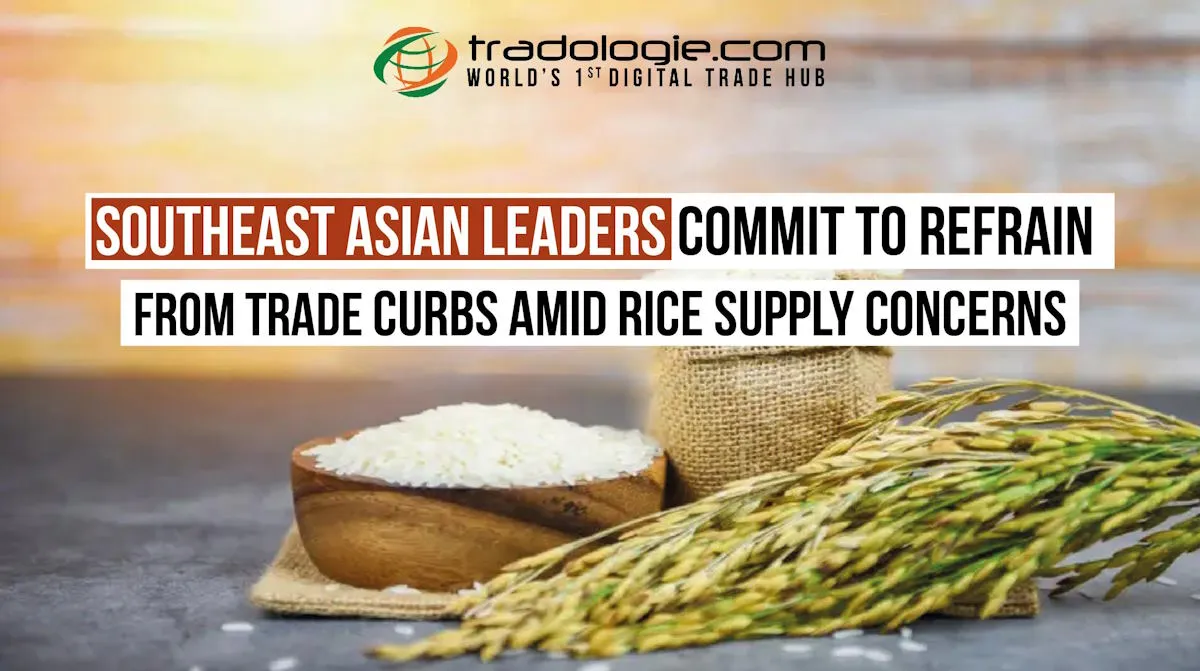As negotiations for a long-awaited free trade agreement between Britain and India progress, a £1 billion ($1.2 billion) segment of the UK economy is concerned for its future.
India-Uk Rice Trade Policy
By importing low-tariff unmilled brown rice from countries like India and Pakistan and “polishing” the grains into the white product that UK consumers prefer, British rice millers have prospered for decades. However, with India pushing for the reduction of white rice tariffs and little response from British trade officials, concerns are growing for an industry that employs over 3,000 people at 16 mills and processing plants dispersed from Yorkshire in the north to Kent in the south of England.
At a private event with representatives of the rice industry and the government held in the House of Commons last month, Alex Waugh, outgoing director of The Rice Association, said, “It is essential that current tariffs on milled (white) rice are maintained.” “If milled rice access is granted, the foundation of operations will be undermined, the incentive for future investment in the UK will be lost, and ultimately jobs will be lost.”
India-UK Trade Agreement
One of the main benefits of Brexit was supposed to be a trade agreement between the UK and India. It was argued that once Britain was out of the European Union's clutches, it could leverage its common history and language to negotiate a historic agreement with the world's most populous country and its fastest-growing major economy.
Expectations that Rishi Sunak, a devout Hindu, the offspring of Indian immigrants, and the son-in-law of Infosys co-founder Narayana Murthy, could potentially bring about a transformation have manifestly fallen short. Both sides are hopeful that an agreement will be reached this year as the UK and India are currently engaged in their 13th round of trade negotiations.
Impact On Rice Policy
However, firms complaining of a lack of information from British officials claim that the fate of British rice millers is still unknown.
According to someone with knowledge of the UK dialogue, the topic of rice tariffs has not yet been fully resolved. It is a divisive matter, and the two sides are still working through some of the more "tough" details of a trade agreement. The extremely delicate topic of rice tariffs was still unresolved, according to a different source with knowledge of the Indian negotiation team.
The struggle to reach an agreement highlights the difficulties the UK may face in negotiating post-Brexit trade deals with various countries around the world. Already, its deal with Australia has enraged British farmers. The National Farmers Union's president, Minette Batters, expressed her growing concern regarding the "cumulative impact of the government's FTA program" on industries in the United Kingdom.
UK Imports Of Rice From India
Currently, the UK imports large amounts of brown rice from India; roughly 150,000 metric tons, or one-fourth of its total imports, come from there. This is economical because of import tariffs. Brown basmati is subject to a levy of £25 per ton, or none at all if it is listed as a special variety. With a tax on white basmati of about £121 per ton, the £25 is a significantly lower rate.
Industry leaders argue that lowering the tariff on white rice would result in job losses for UK mills, offer minimal price advantages to consumers, jeopardize supply stability, and possibly result in a decline in quality.
Waugh argues that India would not benefit much from lower rice tariffs with the UK. According to him, farmers in the nation already receive a higher price for their brown rice from UK mills than from domestic players because the latter must ensure pesticide compliance and are more eager to source rice with enhanced sustainability credentials. Meanwhile, the amounts of milled rice that Indian millers would export to the UK are probably too little to make a significant impact on their earnings.
British companies are also accustomed to following food safety laws, which is crucial given that few border inspections are performed on imported goods. 60 distinct varieties of basmati rice were recently sampled by the Rice Association. It discovered that 50% of samples milled and packed in India or Pakistan met UK regulations. In comparison, only one sample milled and packed in the United Kingdom was found to be marginally non-compliant.
Over tea, Calland conveyed to representatives of India's Ministry of Commerce and Industry why the existing tariff structure benefited both nations.
If any compromises were necessary, Calland suggested that India work to expand the list of brown basmati rice varieties that are exempt from tariffs. The British government is believed to support that position, which would benefit Indian farmers and has the resounding support of UK millers. To the relief of its rice millers, Moni Varma, who started Veetee Rice in 1987, thinks the UK might be on track to succeed.
According to him, India's budget will not be significantly impacted by the UK's small rice market. But until it is finished, you never know.
If you are a rice importer wishing to buy rice in bulk or a rice exporter willing to export bulk rice, then Tradologie.com is the right platform for you. Tradologie.com is a SaaS platform that facilitates bulk agro-trade across the globe. Through tradologie.com’s interface, buyers can avail the best qualities of agro-commodities at negotiable rates.
The transaction oriented platform has 600,000+ verified buyers and about 70,000+ registered sellers of agro-commodities from over 150 countries.
To register as a buyer, click here. To register as a seller, click here.
To stay updated with the latest happenings in the agro-trade industry, follow Tradologie.com across all social media channels.

